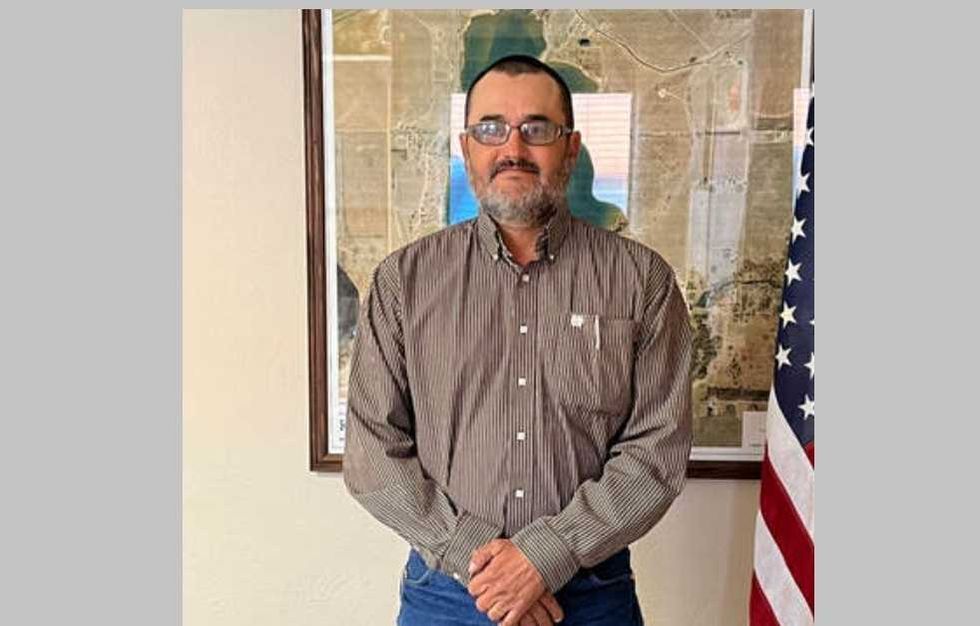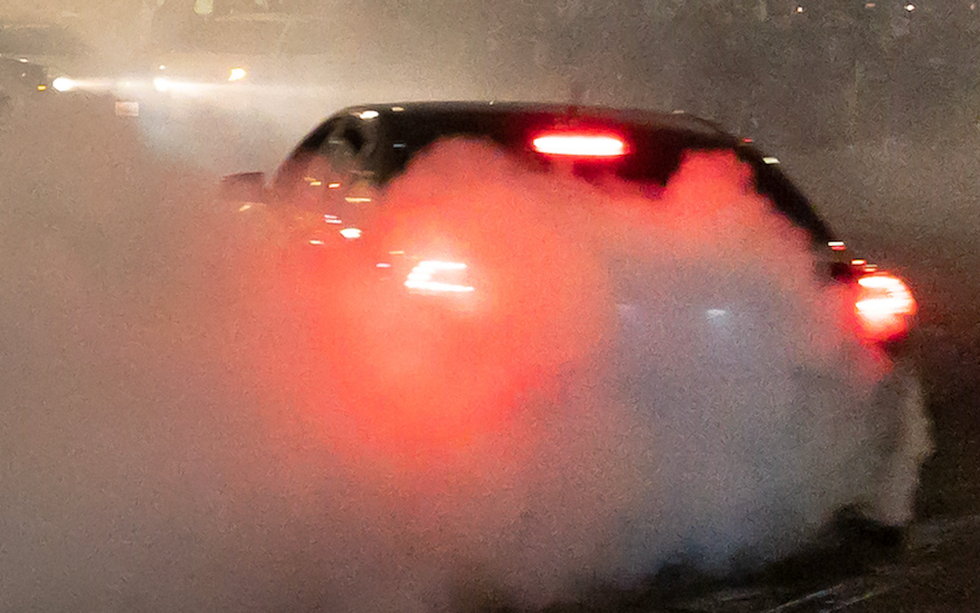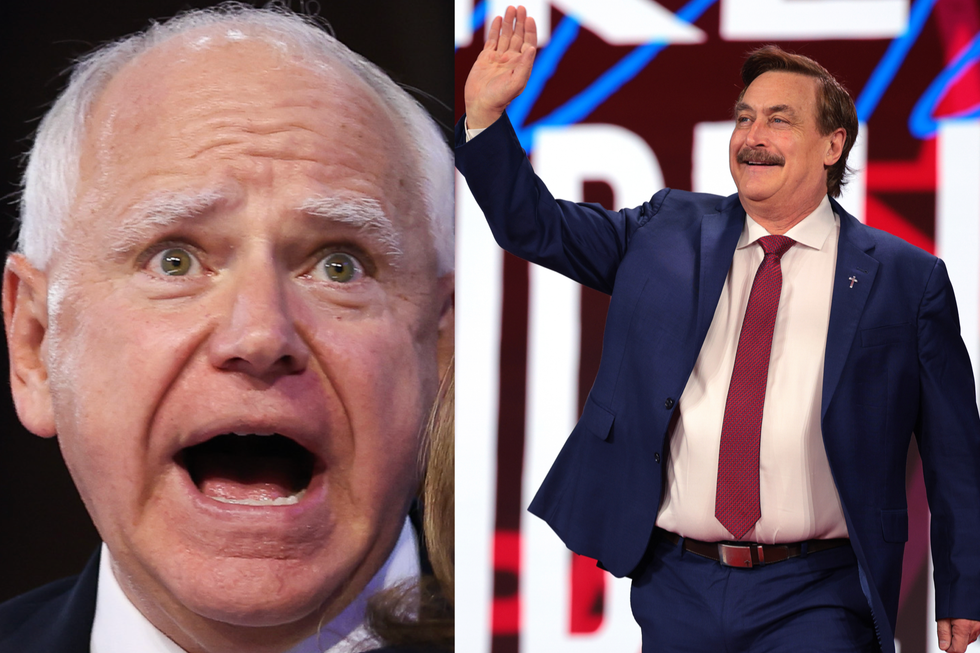Here's to 'Bosch' — the best TV show of the last 10 years
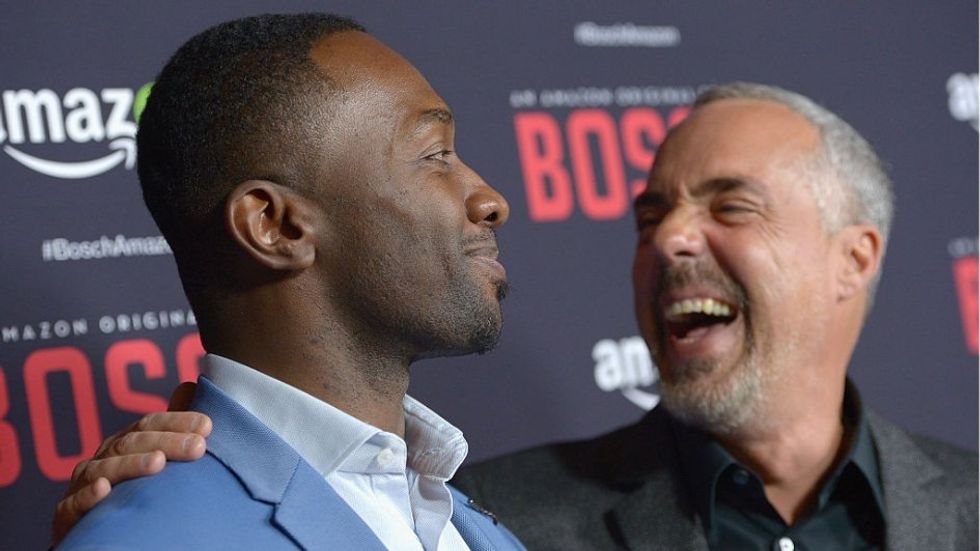
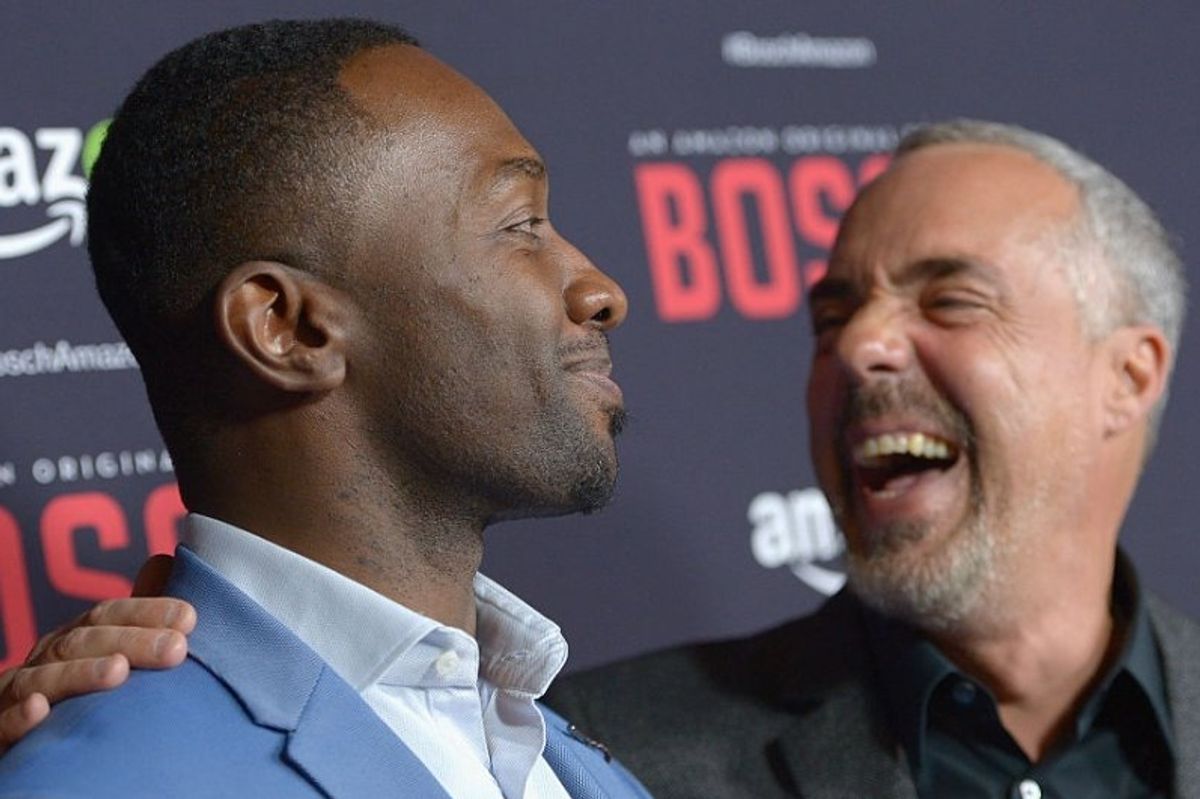
Late last April, one of the most consistently excellent and criminally underrated series on television ended its 11-year run.
In a sea of prestige dramas trying to out-slick each other with flashy cinematography and convoluted twists, "Bosch" and its immediate sequel, "Bosch: Legacy," stood apart — grounded, methodical, and unflinchingly real. The two shows were not only crime procedurals; they formed an ode to justice, to the city of Los Angeles, and to the people who live in its shadows.
In a world of shrinking attention spans and algorithm-driven content, "Bosch" is refreshingly analog. It trusts the viewer.
Moral gravity
At the heart of both shows is Titus Welliver’s performance as LAPD Detective Hieronymus "Harry" Bosch. Welliver doesn't just play Bosch, he inhabits him, bringing a weary moral gravity to a character guided by the principle that “everybody counts or nobody counts.”
It’s rare to see a protagonist stay so consistently true to his code without veering into caricature. In Welliver’s hands, Bosch is not a superhero — he is a deeply principled man operating in a world that has long since stopped rewarding principles.
What elevates "Bosch" even farther is its ensemble cast — seasoned, nuanced, and richly interconnected. And for fans of "The Wire," "Bosch" is like a reunion tour of greatness.
Through the 'Wire'
Jamie Hector, unforgettable on the legendary HBO series as ruthless, up-and-coming drug kingpin Marlo Stanfield, plays Bosch’s partner Jerry Edgar with quiet complexity and an evolving conscience. He brings a calm, inward energy that balances Welliver’s intensity.
The late Lance Reddick, always regal and sharp, reprises another authority figure as Chief Irving, a political operator whose arc turns increasingly poignant as the show progresses.
Even the great Chris Bauer (who anchored season two of "The Wire" as tragic union leader Frank Sobotka) is a key figure in the final case of the final season, delivering yet another command performance.
RELATED: Peter Falk's 'Columbo' returns us to a safer, saner America
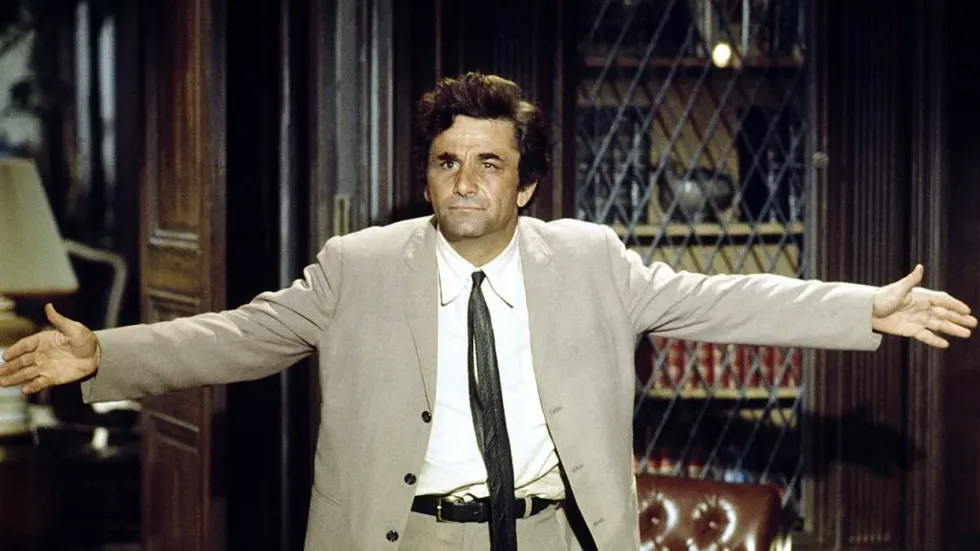 NBC/Getty Images
NBC/Getty Images
These appearances aren’t just fan service — they reinforce the show's commitment to realism. These are actors who know how to play the long, quiet game of institutional drama, bringing an authenticity forged in the crucible of David Simon’s Baltimore to Michael Connelly’s Los Angeles.
The soul of the show
As both executive producer and the author of the "Bosch" novels (read them!), Connelly is the soul of the show, ensuring that it never loses the vivid and precise understanding of L.A.’s criminal ecosystem — from the politics of the LAPD to the ghosts of the Hollywood Hills — so evident in the books.
"Bosch" is also paced like a novel: patient, rich in detail, and unconcerned with the need to manufacture drama. Instead, tension arises naturally from the characters' decisions, regrets, and stubborn decency.
Unlike much of contemporary television, which seems obsessed with style over substance, "Bosch" is anti-glamour. Its color palette is sun-bleached and realistic, its villains often mundane and terrifyingly human. Its cops aren’t action heroes, but working-stiff detectives who make phone calls, pore over reports, and follow leads with grit and intelligence. There are no melodramatic shoot-outs without consequence — just slow justice, often paid in pain.
An 'earned' sequel
After "Bosch" ended after seven seasons in 2021, Welliver reprised the character in the 2022 sequel "Bosch: Legacy." Now retired from the LAPD, Bosch is a private investigator who often finds himself working with his one-time professional nemesis, defense attorney Honey "Money" Chandler (Mimi Rogers).
"Bosch: Legacy" avoids the common pitfalls of spin-offs. Its elevation of Bosch's daughter Maddie Bosch (Madison Lintz) to a central figure is earned rather than forced. The show evolves naturally, expanding the "Bosch" world without abandoning its roots. Connelly and his team know their audience isn’t looking for reinvention but rather continuity, truth, and character. And they deliver.
Refreshingly analog
In a world of shrinking attention spans and algorithm-driven content, "Bosch" is refreshingly analog. It trusts the viewer. It tells hard stories about justice, loss, race, and power in L.A. without shouting. It makes you care, then makes you wait. And when it finally hits its emotional beats, it hits like a freight train.
So here’s to "Bosch" — a show that never chased trends, never insulted its audience, and never wavered in its dedication to storytelling.
With a dream cast that bridged generations of great television ("The Wire" alumni among them) and the steady hand of Michael Connelly guiding the ship, "Bosch" was the best show on TV for a decade.
"Bosch" will live on, of course, available on the usual sites to be revisited by longtime fans and discovered by new ones. As "Bosch" inevitably cedes its place in the culture to newer, shinier entertainments, we can appraise its achievement as a whole and call it something else: a classic.
Originally Published at Daily Wire, Daily Signal, or The Blaze
What's Your Reaction?
 Like
0
Like
0
 Dislike
0
Dislike
0
 Love
0
Love
0
 Funny
0
Funny
0
 Angry
0
Angry
0
 Sad
0
Sad
0
 Wow
0
Wow
0
